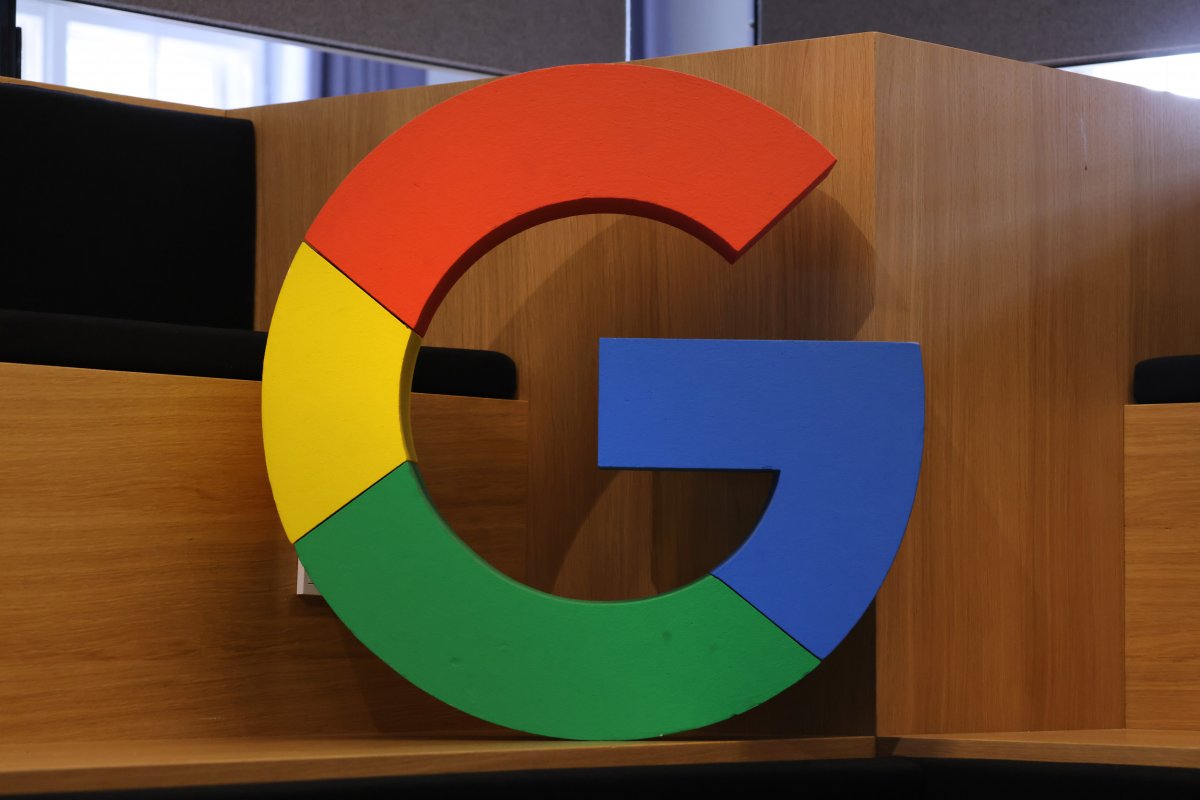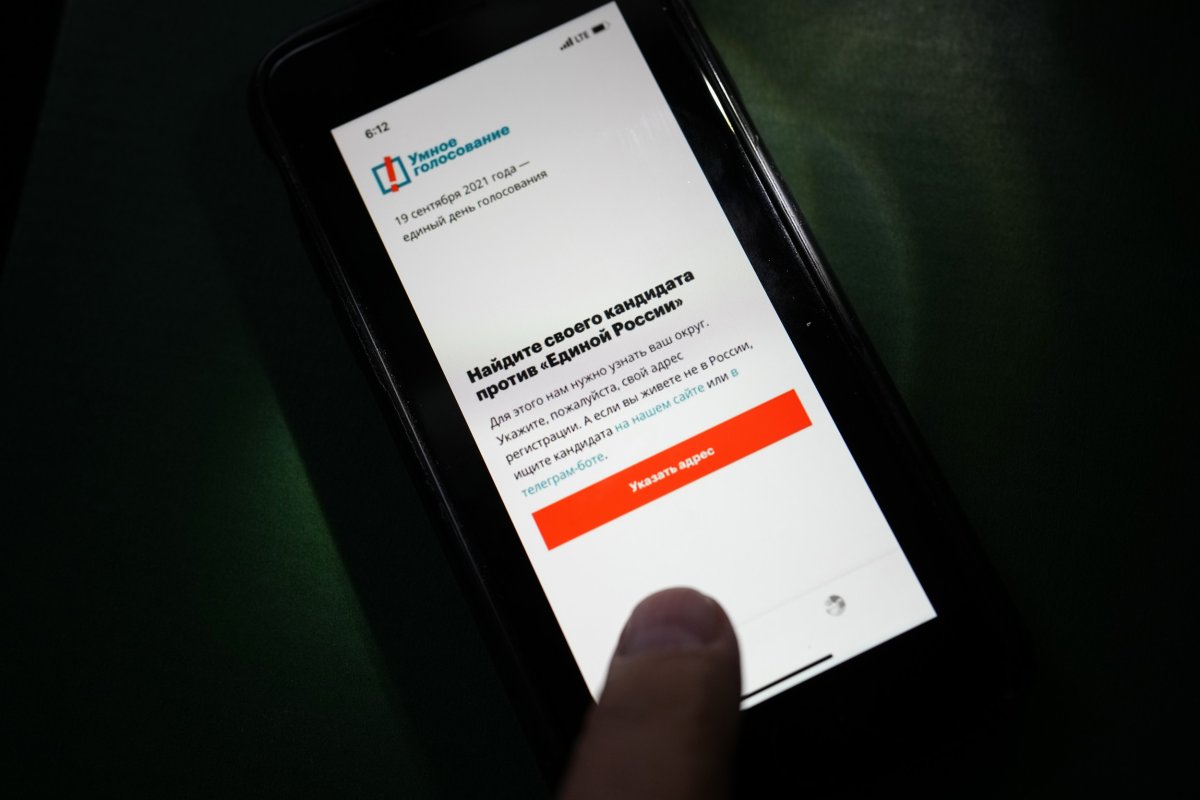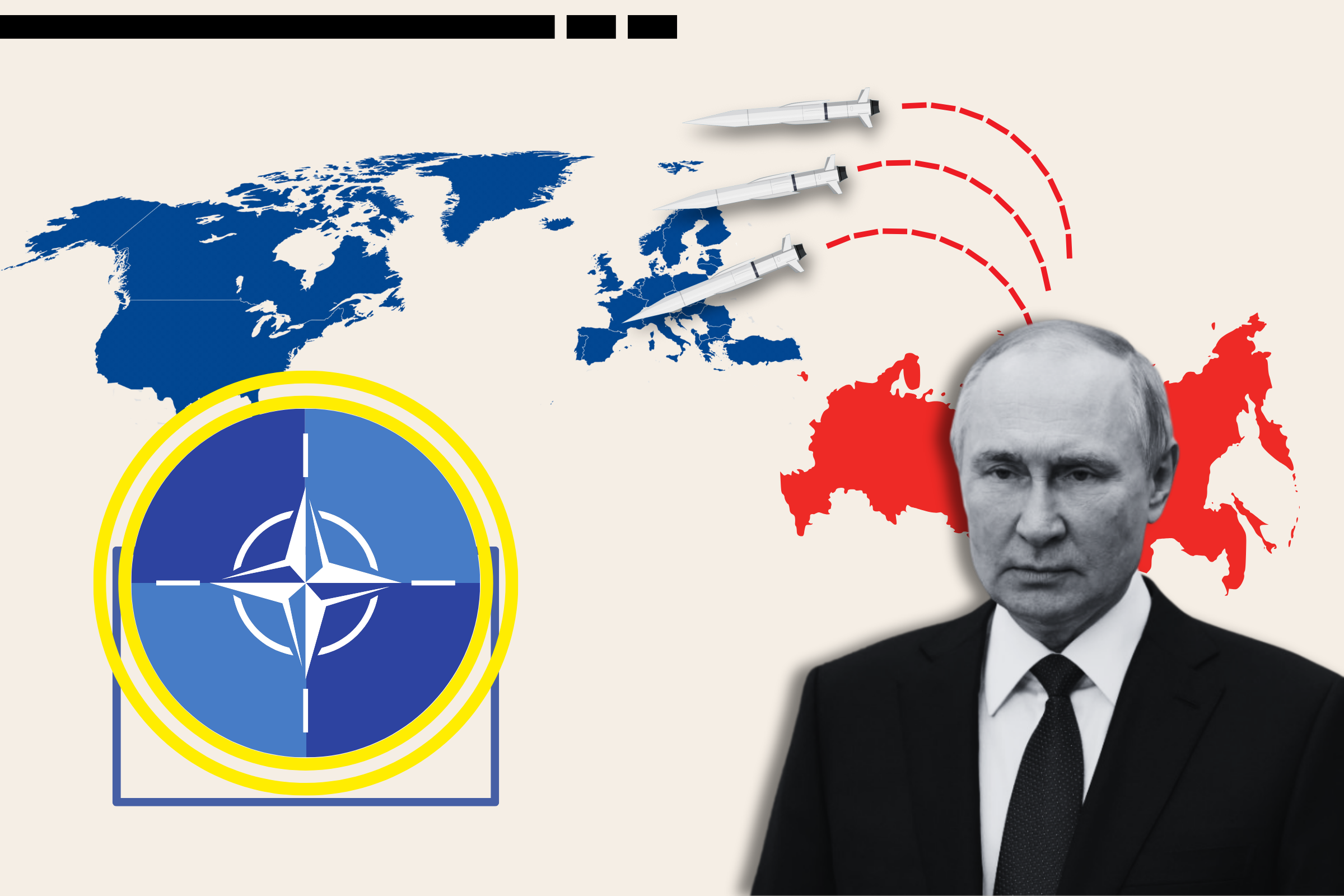Google employees are reportedly furious over the company's decision to remove a Russian voting app ahead of elections amid a legal threat from the country's government.
The employees have reportedly posted internal messages and images deriding Google's removal of the app while blasting the company for capitulating to Russian President Vladimir Putin.
According to a person with direct knowledge of the situation, Google was threatened with criminal prosecution of individual employees and legal demands by Russian regulators to remove the app. The same person, speaking on the condition of anonymity because of the sensitive nature of the issue, told the Associated Press that Russian police visited Google's Moscow offices last week to enforce a court order blocking the app.
The backlash from Google employees has become more common in recent years as the company's ambitions conflict with its one-time corporate motto, "Don't Be Evil," adopted by co-founders Larry Page and Sergey Brin. The motto is no longer in use and neither Page nor Brin is currently involved in Google's day-to-day management. Notably, Brin's family fled the former Soviet Union to the U.S. when he was a boy.
For more reporting from the Associated Press, see below.

Big Tech companies that operate around the globe have long promised to obey local laws and to protect civil rights while doing business. But when Apple and Google capitulated to Russian demands and removed a political-opposition app from their local app stores, it raised worries that two of the world's most successful companies are more comfortable bowing to undemocratic edicts — and maintaining a steady flow of profits — than upholding the rights of their users.
The app in question, called Smart Voting, was a tool for organizing opposition to Putin ahead of elections held over the weekend. The ban levied last week by a pair of the world's richest and most powerful companies galled supporters of free elections and free expression.
"This is bad news for democracy and dissent all over the world," said Natalia Krapiva, tech legal counsel for Access Now, an internet freedom group. "We expect to see other dictators copying Russia's tactics."
Technology companies offering consumer services from search to social media to apps have long walked a tightrope in many of the less democratic nations of the world. As Apple, Google and other major companies such as Amazon, Microsoft and Facebook have grown more powerful over the past decade, so have government ambitions to harness that power for their own ends.
"Now this is the poster child for political oppression," said Sascha Meinrath, a Penn State University professor who studies online censorship issues. Google and Apple "have bolstered the probability of this happening again."
Neither Apple nor Google responded to requests for comment from The Associated Press when the news of the app's removal broke last week; both remained silent this week as well.
Google also denied access to two documents on its online service Google Docs that listed candidates endorsed by Smart Voting, and YouTube blocked similar videos.
Apple, meanwhile, lays out a lofty "Commitment To Human Rights" on its website, although a close read of that statement suggests that when legal government orders and human rights are at odds, the company will obey the government. "Where national law and international human rights standards differ, we follow the higher standard," it reads. "Where they are in conflict, we respect national law while seeking to respect the principles of internationally recognized human rights."
A recent report from the Washington nonprofit Freedom House found that global internet freedom declined for the fifth consecutive year and is under "unprecedented strain" as more nations arrested internet users for "nonviolent political, social, or religious speech" than ever before. Officials suspended internet access in at least 20 countries, and 21 states blocked access to social media platforms, according to the report.
Big Tech companies have generally agreed to abide by country-specific rules for content takedowns and other issues in order to operate in these countries. That can range from blocking posts about Holocaust denial in Germany and elsewhere in Europe where they're illegal to outright censorship of opposition parties, as in Russia.
The app's expulsion was widely denounced by opposition politicians. Leonid Volkov, a top strategist to jailed opposition leader Alexei Navalny, wrote on Facebook that the companies "bent to the Kremlin's blackmail."
Navalny's ally Ivan Zhdanov said on Twitter that the politician's team is considering suing the two companies. He also mocked the move: "Expectations: the government turns off the internet. Reality: the internet, in fear, turns itself off."
It's possible that the blowback could prompt either or both companies to reconsider their commitment to operating in Russia. Google made a similar decision in 2010 when it pulled its search engine out of mainland China after the Communist government there began censoring search results and videos on YouTube.
Russia isn't a major market for either Apple, whose annual revenue this year is expected to approach $370 billion, nor Google's corporate parent, Alphabet, whose revenue is projected to hit $250 billion this year. But profits are profits.
"If you want to take a principled stand on human rights and freedom of expression, then there are some hard choices you have to make on when you should leave the market," said Kurt Opsahl, general counsel for the digital rights group Electronic Frontier Foundation.

Uncommon Knowledge
Newsweek is committed to challenging conventional wisdom and finding connections in the search for common ground.
Newsweek is committed to challenging conventional wisdom and finding connections in the search for common ground.
About the writer
To read how Newsweek uses AI as a newsroom tool, Click here.








